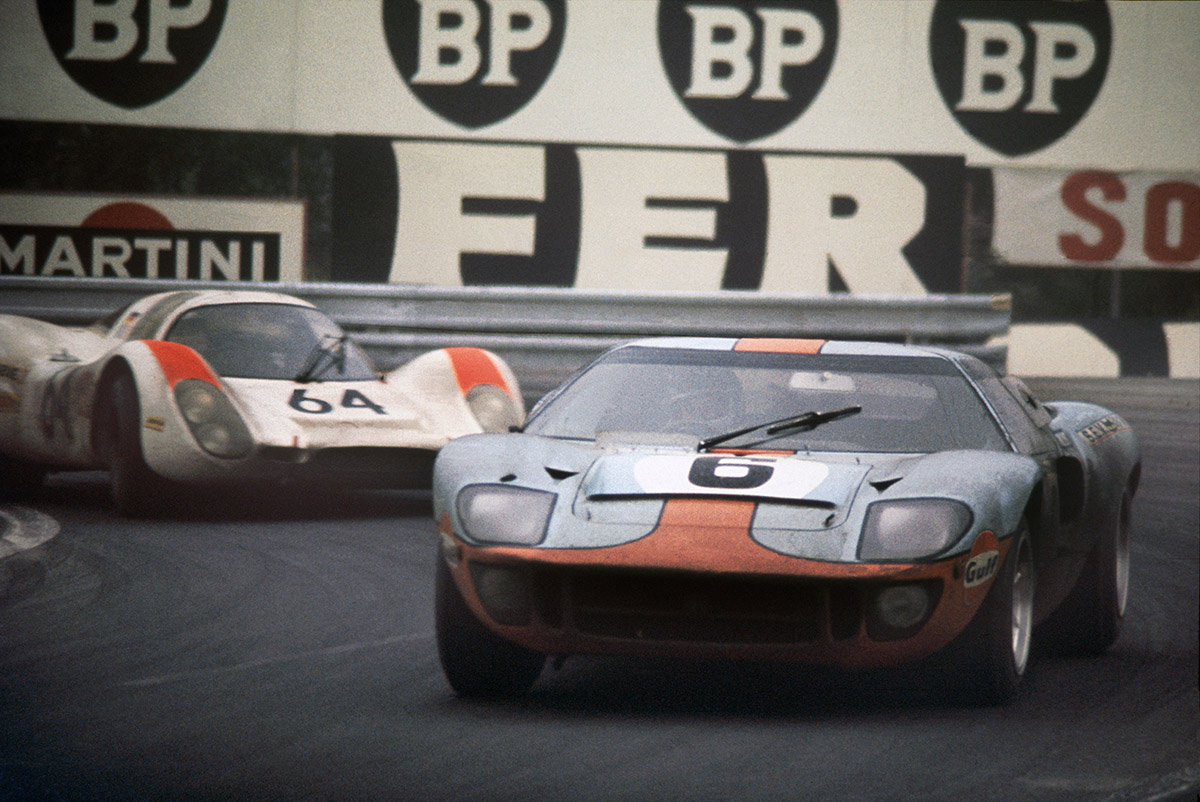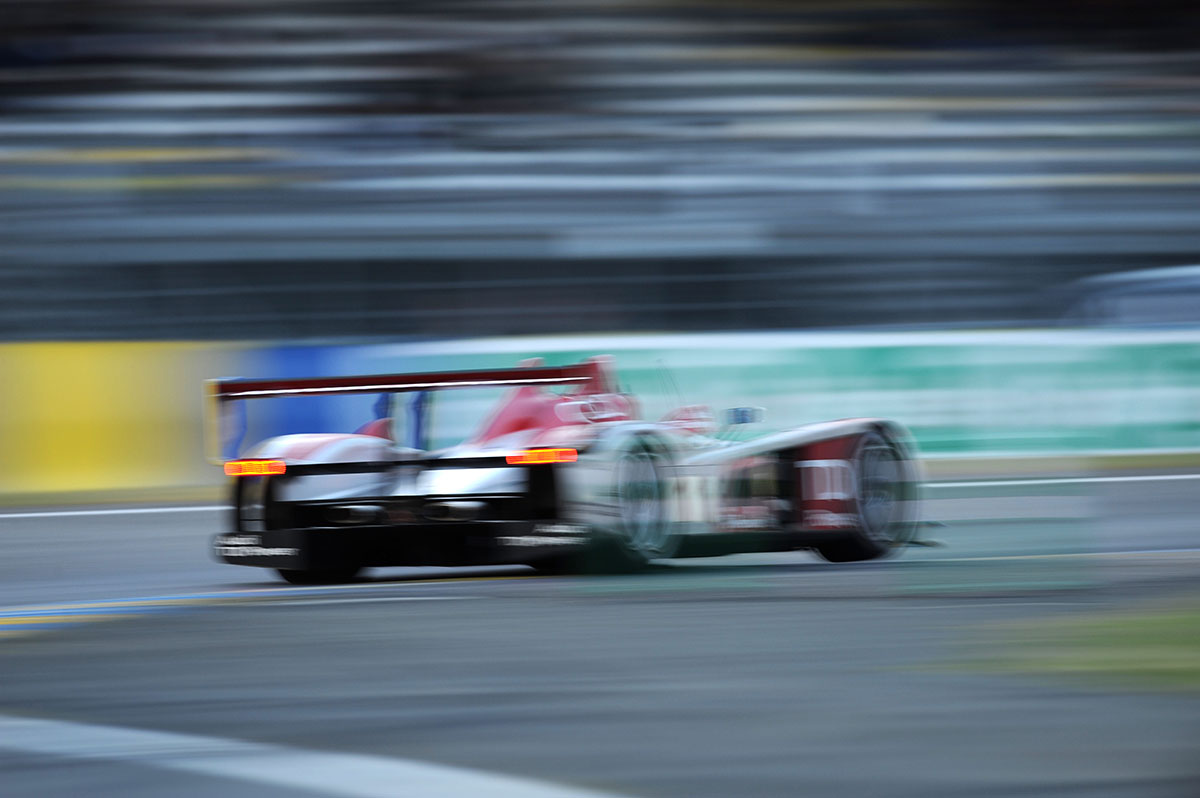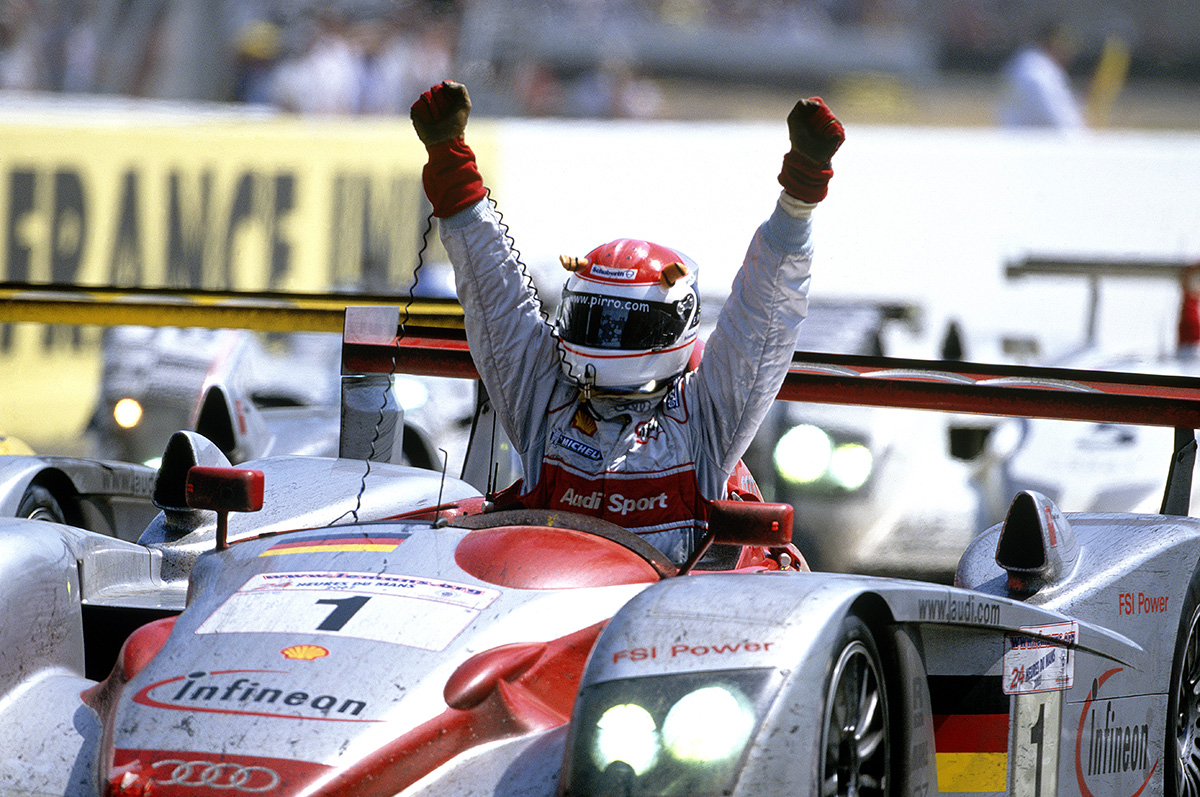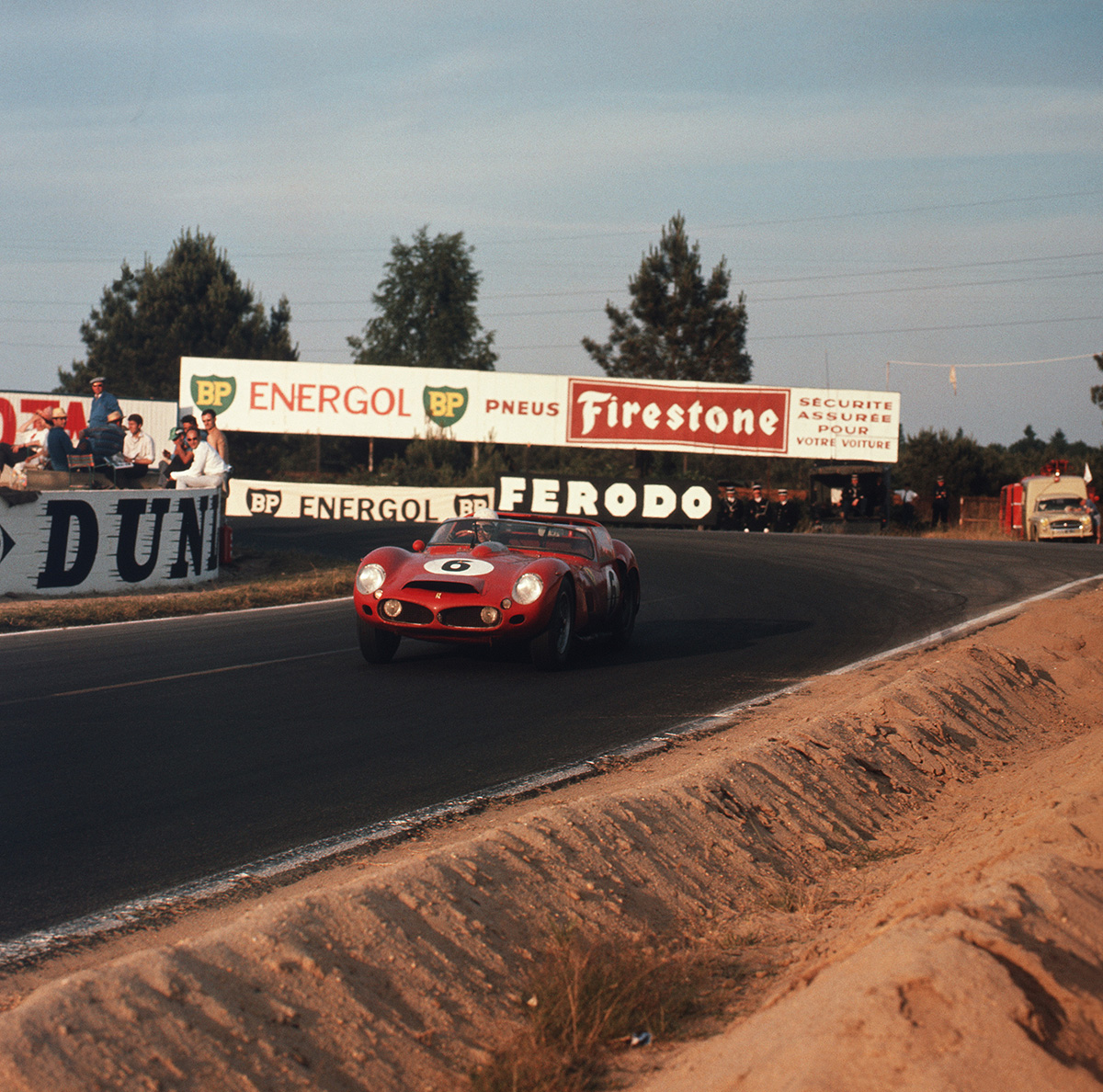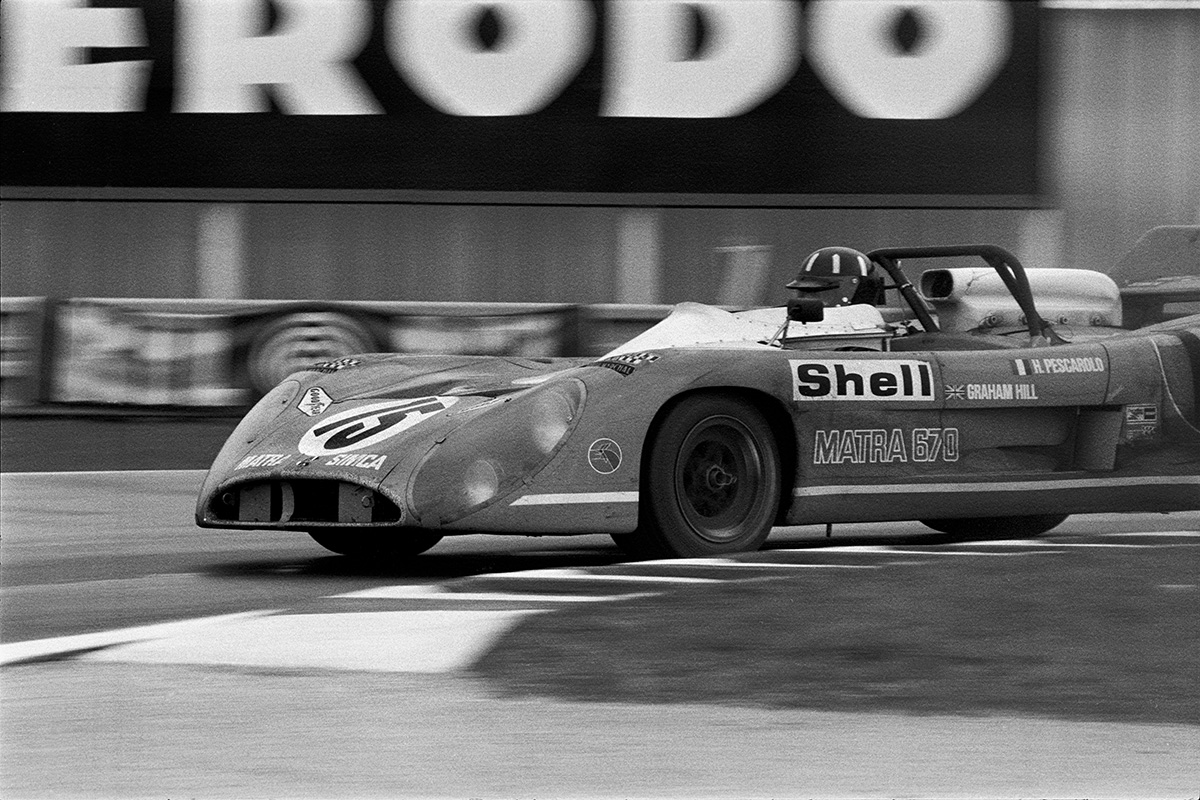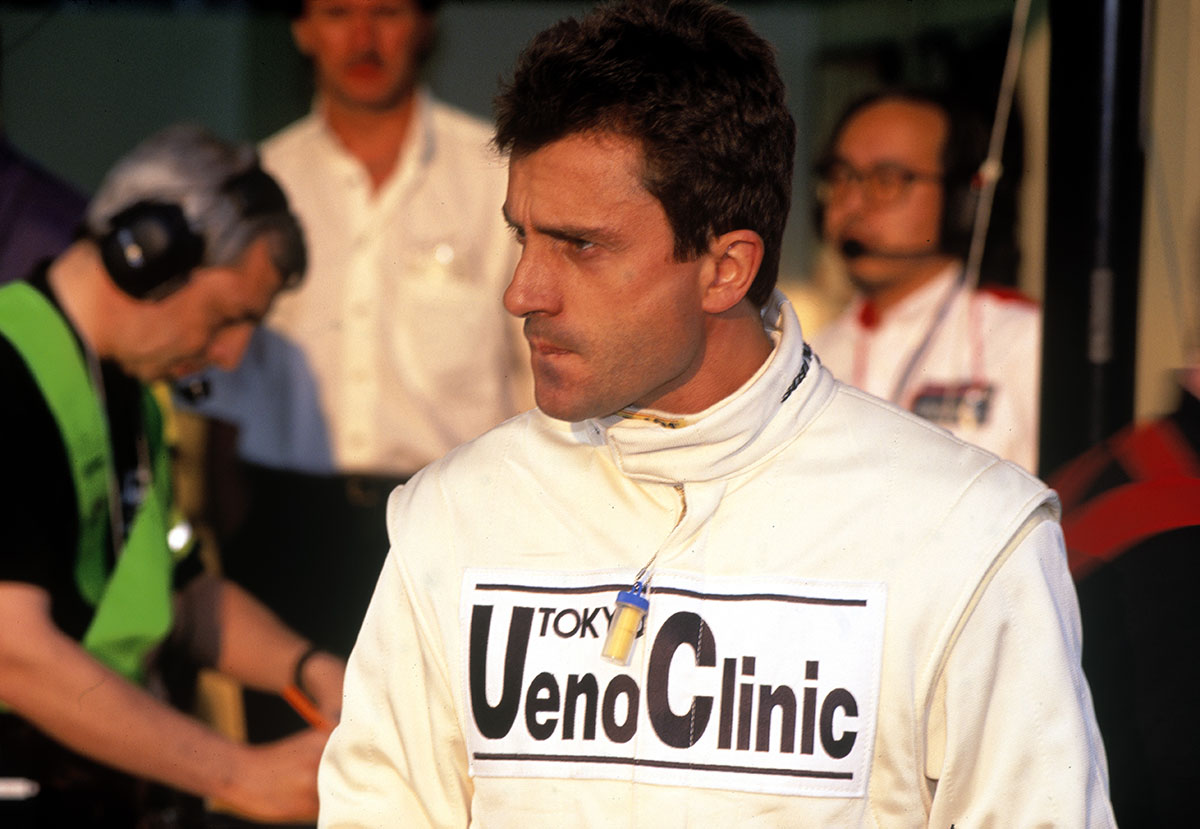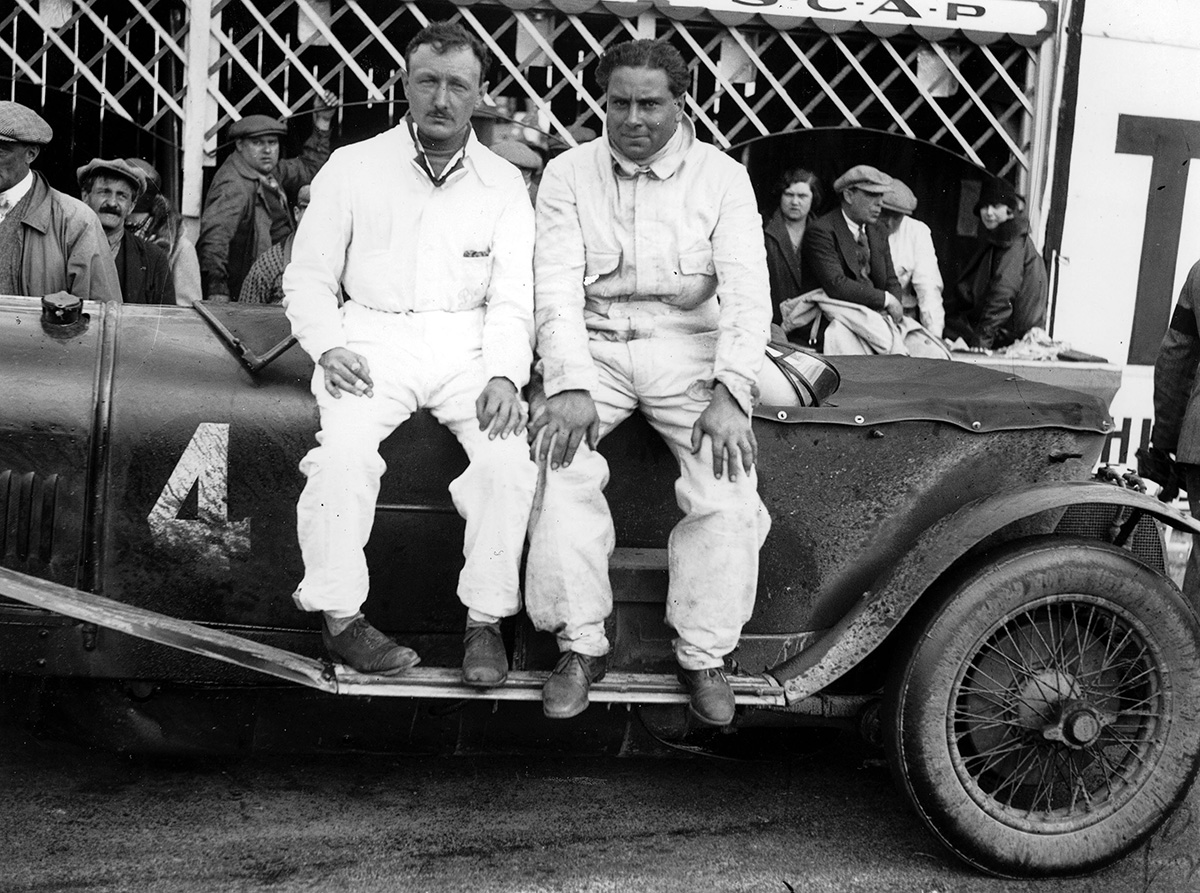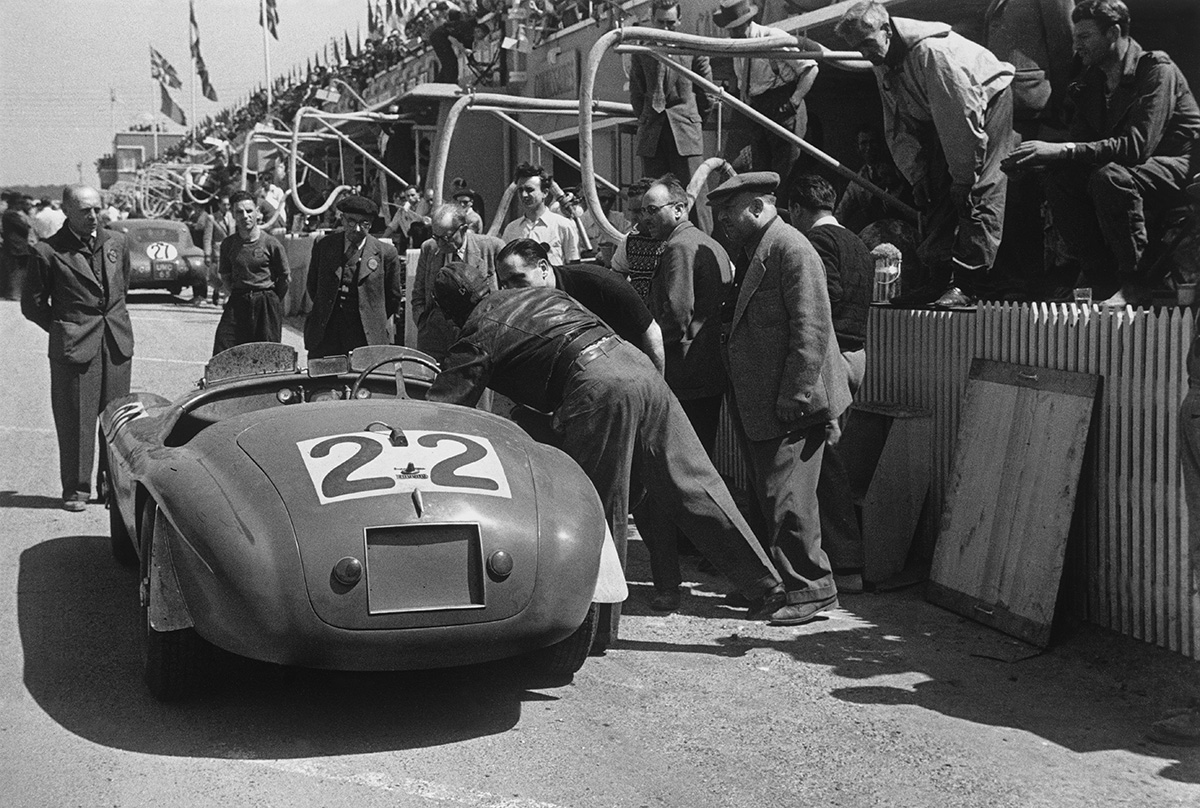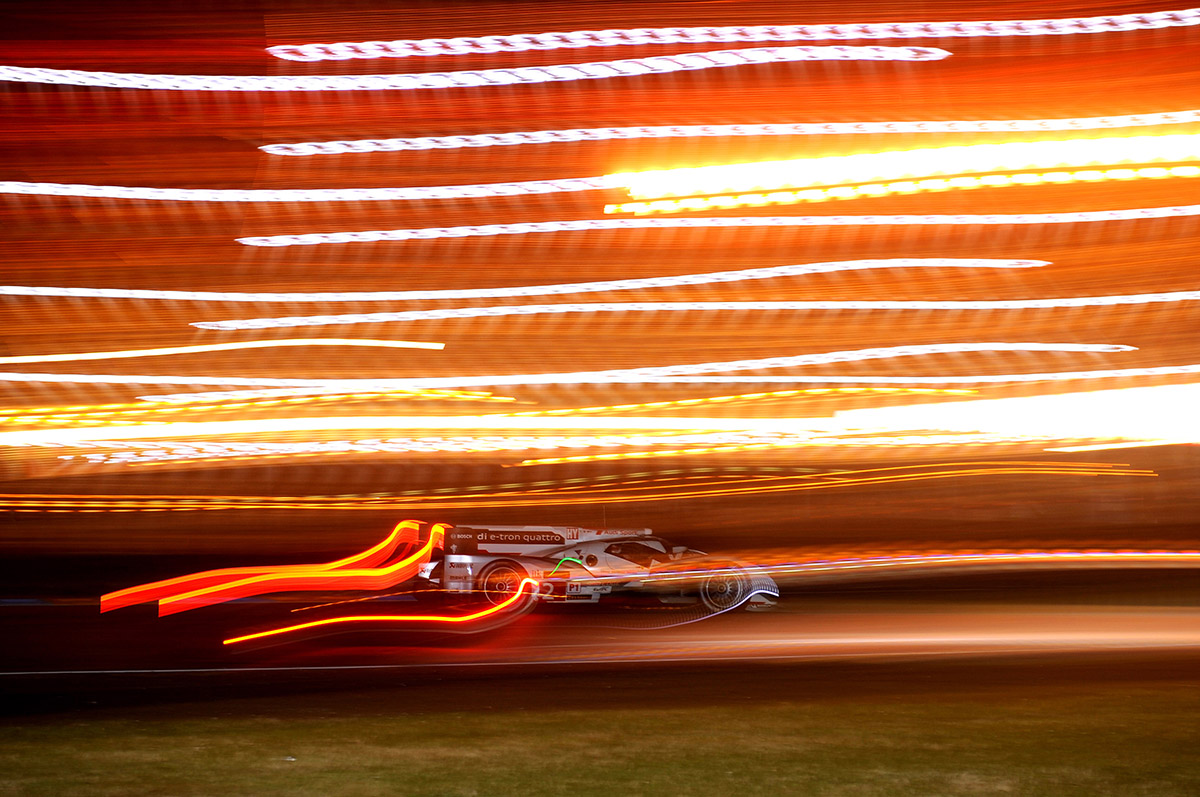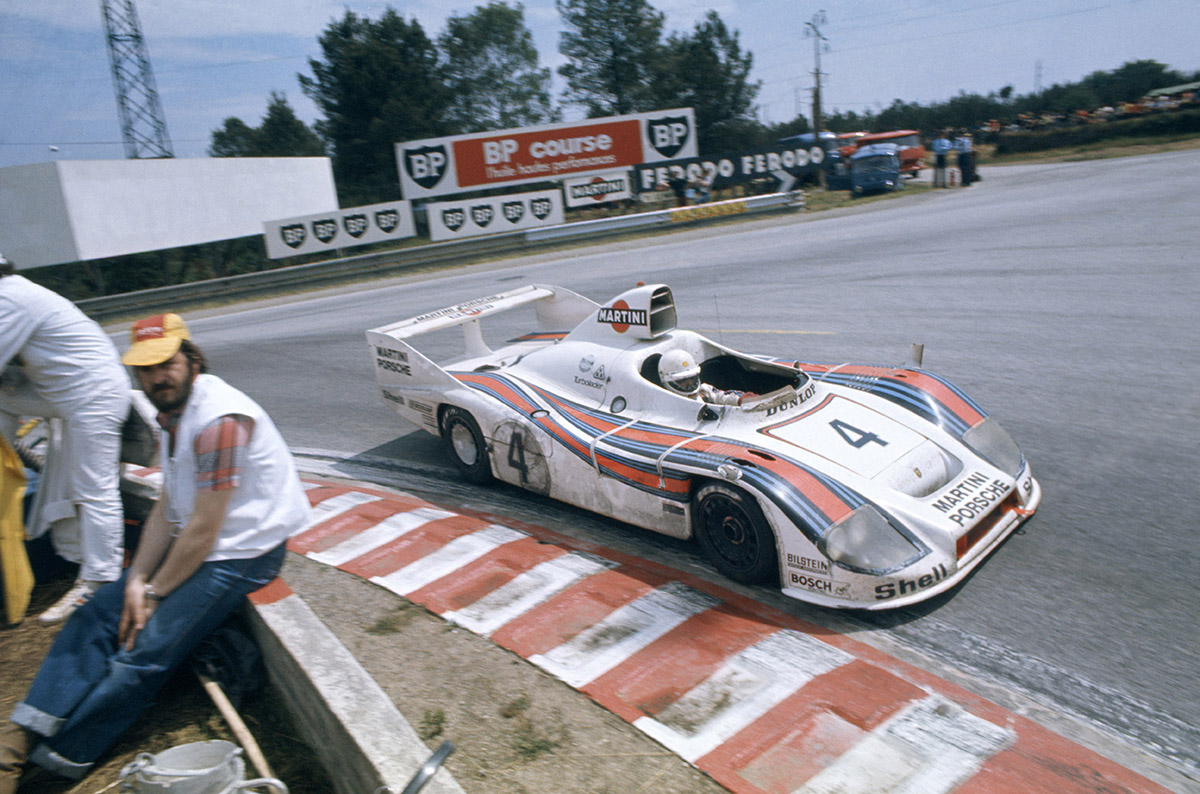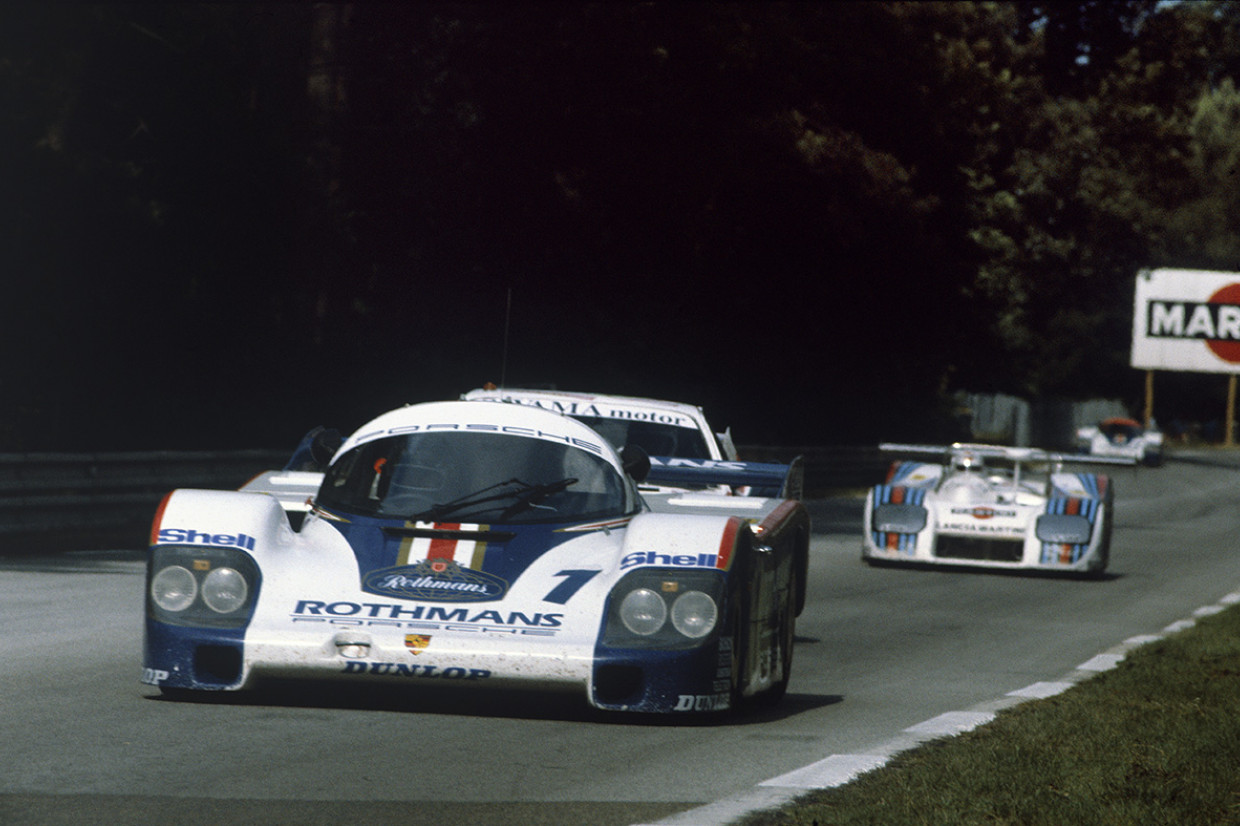
The Le Mans 24 Hours is one of the oldest sports car endurance races still taking place, having been run since as far back as 1923, when it was initially set out as a three-year event. Bentley, Bugatti and Alfa Romeo all had early successes at La Sarthe, and the circuit became the premier location to test cutting-edge technology, and the reliability and performance of new models.
There was no higher prize for sports car manufacturers.
The race has historically also lured-in the best drivers in the world, many of whom have made the leap from other disciplines, such as Formula One, to test their mettle at the 24-hour event. Of these drivers, a select few have left their mark not only at Le Mans, but also in the history books.
The Danish racing driver first stepped into a kart in 1984 and by 2013 he had won the Le Mans 24 Hours nine times – more than anyone else in the history of the race. Six of his wins were consecutive (2000-2005), while more could have been added to the tally had his team not crashed out of the lead in 1999 and 2007.
He celebrated his first win in 1997 with teammates Stefan Johansson and Michele Alboreto (pictured).
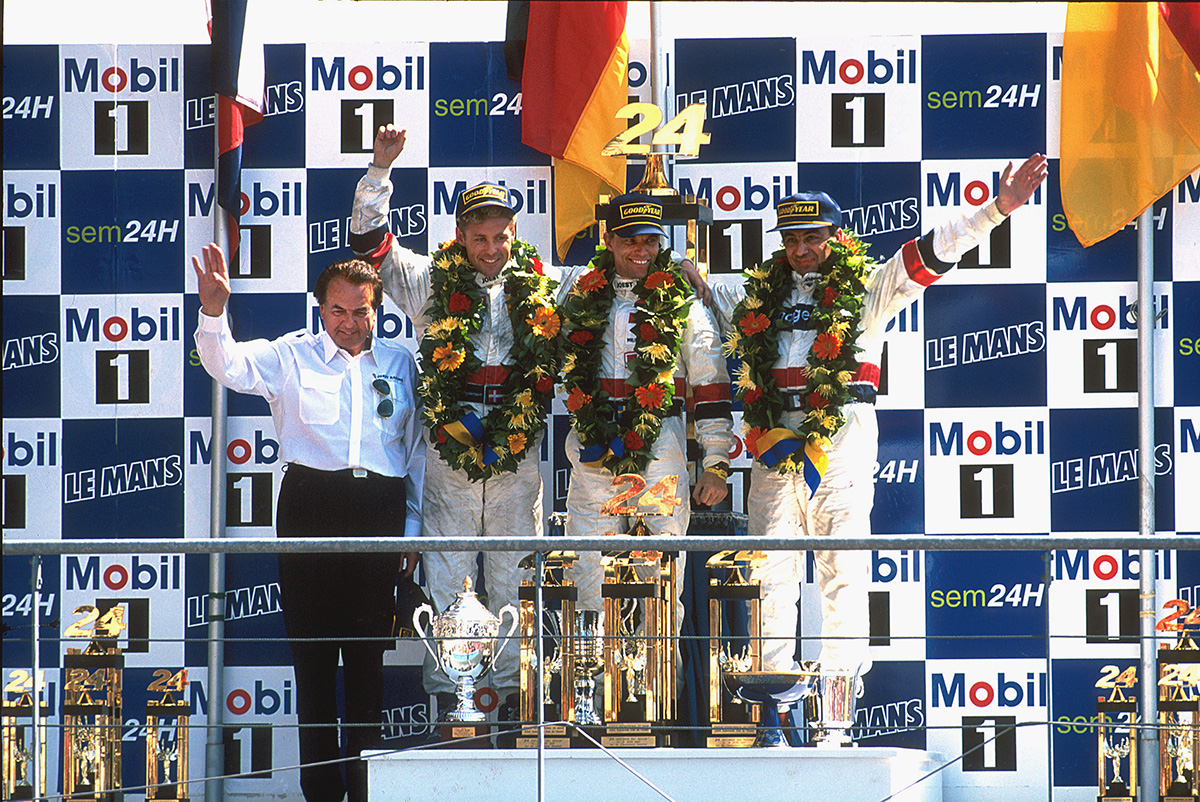
One of the most memorable victories in Le Mans history was orchestrated by Ickx in 1969 when, because he felt the traditional running Le Mans start was dangerous, walked to his GT40. Despite his car being older than the brand-new Porsche 917s which debuted during the race, it was much more reliable. Every 917 retired, with one crash resulting in privateer John Woolfe losing his life. Ickx leapfrogged the Porsche 908 of Hans Herrmann and Gerard Larrousse to win by 110 metres.

